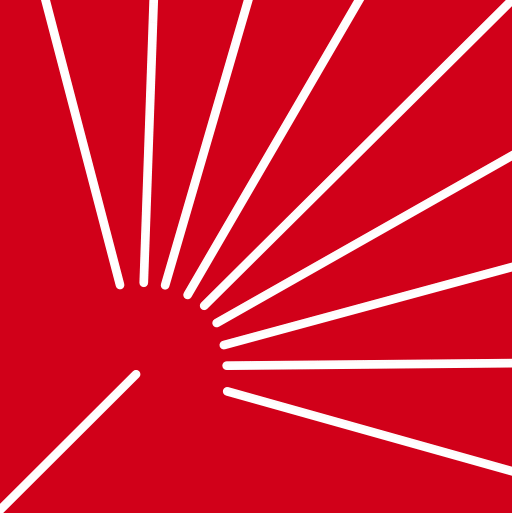
In relation to the previously published document COVID-19 related teaching models and classroom precautions in adult education (15 September 2020), we present further instructions for distance learning in COVID-19 pandemic – theoretical education:
Agency for VET and Adult Education has received a large number of inquiries about distance learning in theoretical education, which state very general reasons for switching to online classes (epidemiological situation, reducing the risk of contagion and spreading of COVID-19, taking into account student’s possibilities and needs). We would, therefore, like to point out that according to the Agency’s instruction COVID-19 related teaching models and classroom precautions in adult education (15 September 2020), based on the Ministry of Science and Education’s document Models and Recommendations for working in the conditions of COVID-19, academic year 2020/2021, the classes are held according to the Model A (classroom teaching), in conformance with the authorised programmes, or the authorised teaching modes of a particular programme.
Institutions which are currently using distance learning (and have authorisations for a different teaching model) will be permitted to finish their courses, after which they must send a written report to the Agency. Further admittance, or conducting adult education programmes, must conform to the authorised teaching model and the aforementioned protocols by the Ministry, the Croatian Institute of Public Health and the Agency.
Should the epidemiologic situation worsen, the institutions will choose one of the remaining two models (B or C), regardless of the authorised teaching model, taking care of the quality of teaching in order to achieve the planned learning outcomes.
After switching to the model B (combined classroom teaching and distance learning) or C (distance learning), the institution is obliged to inform Agency for VET and Adult Education and list the reasons for opting for distance learning in theoretical education. Furthermore, class schedule and login data for the classes must be delivered, as well as a regular report on conducted classes and evaluation.
In view of the aforementioned, we urge institutions to use the authorised teaching model, stated in the Official Opinion, unless the local authorities have given different recommendations for the area.
Should the director of the school with which the adult education institution has signed a contract, forbid the usage of the school’s space, the institution can proceed according to CIPH’s instructions for school gyms (https://www.hzjz.hr/): school classrooms can be used by external users only during the time when students are out of school (weekends and evening hours after class on workdays) provided that external users, students and school staff do not meet, which means that external users can enter only when students and school staff are not present. Contact between external users and school staff that take care of school facilities, if it cannot be avoided, has to be minimal – social distancing of at least two meters has to be maintained and masks worn. Each person (students and teachers in adult education) must wear a protective mask during their entire stay at school. After using the space, it should be cleaned and disinfected according to CIPH’s instructions (common, often touched spaces and objects are disinfected). The cleaning costs are covered by the external user (in this case, adult education institution).
If the school director, despite the valid contract and the aforementioned instructions, continues to forbid the usage of the school’s space due to COVID-19, he must officially address the adult education institution, after which the institution gives a formal notice to the Agency (the director’s statement must be attached) of switching to distance learning exclusively in theoretical education.
Practical classes and exercises will be conducted according to the authorised programmes. Practical classes can be conducted online in some cases, such as upskilling for EU project preparation and implementation, bookkeeping / accounting, Internet and digital marketing and similar programmes, if the institution can provide the necessary infrastructure (learning platforms) and in agreement with the students.
If the school director, despite the valid contract and the aforementioned instructions, continues to forbid the usage of the school’s space and the students are unable to attend the classes online for a longer period of time, the institution will have to attain the permission from the Ministry of Science and Education to continue their work at a different location, under the same circumstances listed in the authorised programme.
E-mail address for all inquiries and report delivery: progimis@asoo.hr.




SHARE